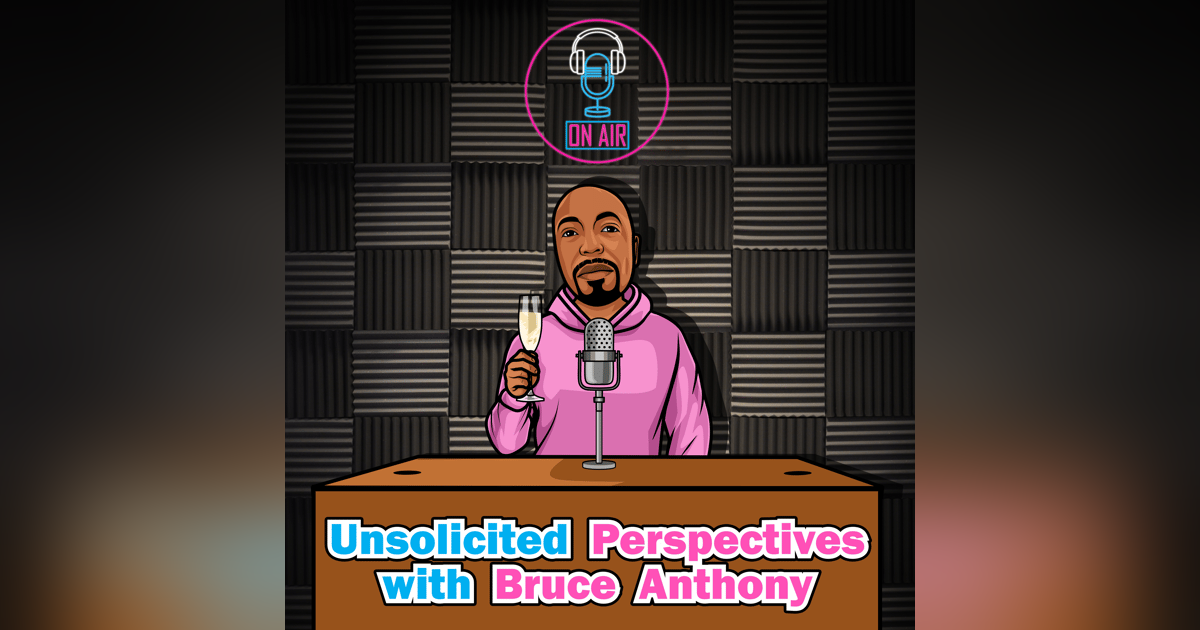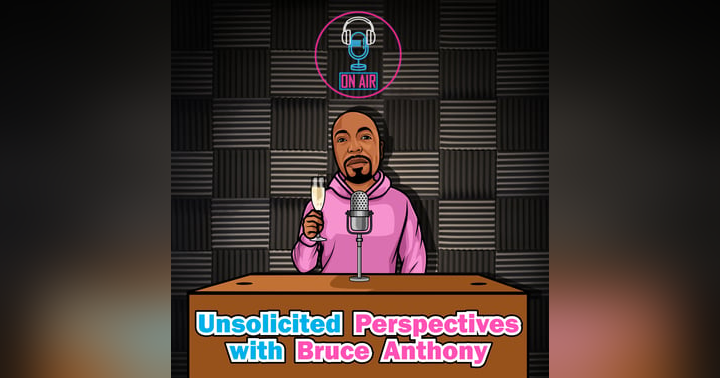Exploring the Complex Issue of Homelessness in America

Introduction
In today's society, the issue of homelessness has become increasingly prevalent and complex. The lack of affordable housing, the closure of shelters, and the rise in unsheltered homelessness have created a crisis that demands our attention. In this thought leadership article, we will delve into the main themes surrounding homelessness in America, as discussed in a recent podcast episode. We will explore the implications of the federal court ruling in Martin v. Boise, the challenges faced by homeless individuals, and the need for affordable housing and shelter alternatives. Through an in-depth analysis of the transcript, we will gain a better understanding of the issue and its potential impact on society.
The Martin v. Boise Ruling
One of the key topics discussed in the podcast episode was the federal court ruling in Martin v. Boise. This landmark case, which took place in 2009, involved Robert Martin and a group of homeless residents in Boise, Idaho, who sued the city for violating their constitutional rights. They argued that receiving police citations for violating local camping bans when they had nowhere else to go was cruel and unusual punishment. The Ninth Circuit Court agreed and ruled that persecuting homeless individuals for sleeping or camping on public property without providing alternative options was a violation of the Eighth Amendment.
The court's decision in Martin v. Boise has had significant implications for cities across the nation. It has disrupted the criminalization of homelessness and forced city officials to propose constructive alternatives. The ruling states that as long as there are no indoor sleeping options available, the government cannot criminalize homeless people for sleeping outdoors on public property. This has put pressure on cities to invest in affordable housing and sheltering options, as these are the most effective ways to end homelessness.
The Challenges of Unsheltered Homelessness
One of the main challenges faced by homeless individuals is the lack of affordable housing and shelter options. The rise in unsheltered homelessness, which accounts for 40% of all homeless people in the country, is a direct result of this issue. Many cities are struggling to keep up with the growing demand for housing, leading to a shortage of available options. In Atlanta, for example, there has been a sharp increase in homelessness over the past decade, coupled with the closure of shelters and missions.
According to the transcript, the closure of shelters and the lack of affordable housing have forced many homeless individuals to sleep outside or in places not meant for habitation. This has led to the creation of tent encampments and an increase in unsheltered homelessness. As the host mentions, some cities have attempted to address this issue by establishing managed tent camping sites, but this is not a permanent solution. It segregates homeless individuals and fails to provide long-term housing options.
The Need for Affordable Housing and Shelter Alternatives
To effectively address the issue of homelessness, it is crucial to prioritize the development of affordable housing and shelter alternatives. This requires a concerted effort from city officials, community organizations, and policymakers. The host emphasizes the importance of investing in affordable housing initiatives, as they can provide stable and secure housing options for homeless individuals. This not only improves their quality of life but also saves taxpayer dollars in the long run.
The transcript highlights the need for affordable housing to be a top priority for cities across the nation. By repurposing existing real estate and allocating funds for the construction of affordable housing units, cities can make a significant impact on reducing homelessness. Collaboration between government agencies, nonprofits, and private developers is essential to ensure the availability of safe and affordable housing options for all.
In addition to affordable housing, shelter alternatives should also be explored. The host suggests the development of transitional housing programs, emergency shelters, and supportive housing for individuals with specific needs. By providing a range of options, cities can cater to the diverse needs of homeless individuals and help them transition out of homelessness.
Analysis of the Implications and Potential Impact
The federal court ruling in Martin v. Boise has significant implications for cities and their approach to homelessness. By recognizing the constitutional rights of homeless individuals and prohibiting the criminalization of sleeping outdoors when no indoor options are available, the ruling has forced cities to rethink their strategies. This has led to increased efforts to invest in affordable housing and shelter alternatives, as these are the most effective ways to address homelessness.
The challenges of unsheltered homelessness, as discussed in the transcript, highlight the urgent need for action. The closure of shelters and the lack of affordable housing have left many individuals with no choice but to sleep outside. This not only puts their safety at risk but also perpetuates the cycle of homelessness. By prioritizing affordable housing and shelter alternatives, cities can provide a pathway out of homelessness and improve the lives of those affected.
The potential impact of investing in affordable housing and shelter alternatives is significant. It can lead to a reduction in homelessness, improved community well-being, and cost savings for taxpayers. By providing stable housing options, individuals experiencing homelessness can access the support and resources they need to rebuild their lives. This, in turn, can contribute to a stronger and more inclusive society.
Conclusion and Future Outlook
The issue of homelessness in America is a complex and multifaceted problem that requires a comprehensive and compassionate approach. The federal court ruling in Martin v. Boise has shed light on the need to prioritize affordable housing and shelter alternatives. By investing in these initiatives, cities can provide long-term solutions to homelessness and improve the lives of homeless individuals.
Moving forward, it is crucial for city officials, community organizations, and policymakers to work together to address the root causes of homelessness and develop sustainable solutions. This includes addressing the lack of affordable housing, providing supportive services for homeless individuals, and challenging the stigma surrounding homelessness.
By taking a proactive and compassionate approach, we can create a society where everyone has access to safe and affordable housing. It is our collective responsibility to ensure that no one is left behind and that everyone has the opportunity to thrive. Together, we can make a difference and end homelessness in America.

















